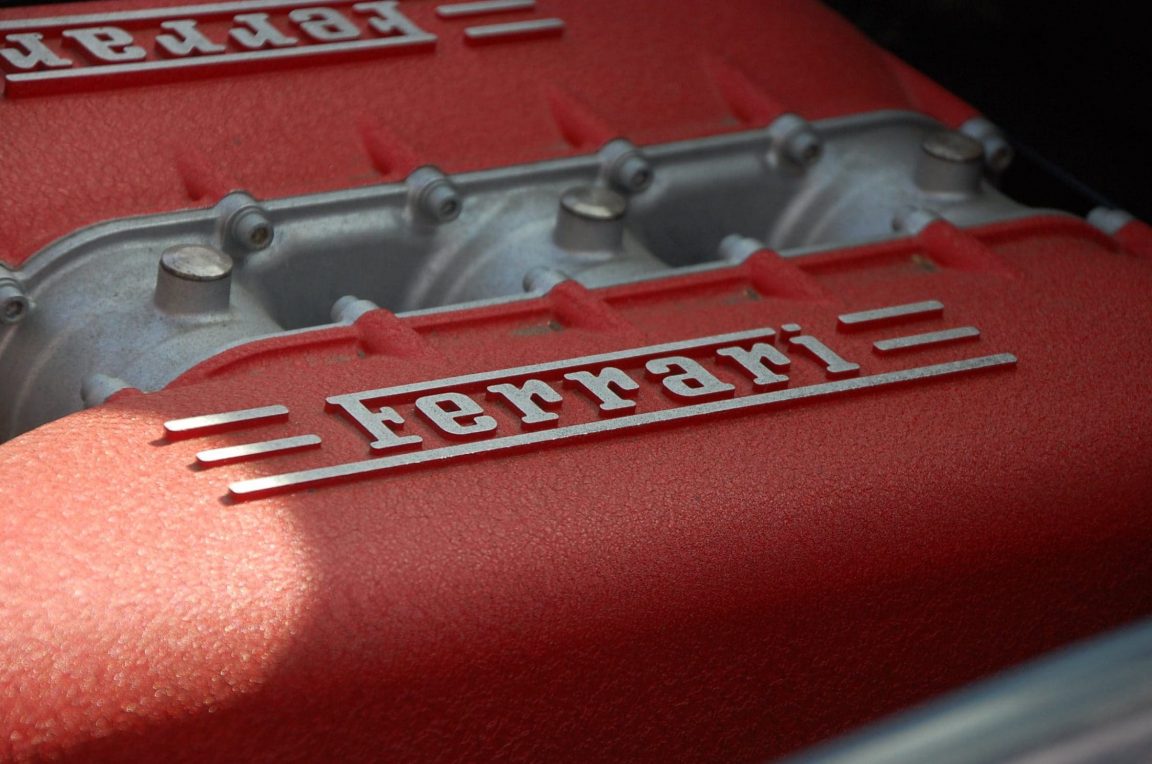A lot of people in the world own cars but seem to gloss over the fact that like babies, cars have needs and must be maintained for them to remain in good condition. Sometimes, people are so caught up in getting to their destination; they forget to do necessary checks on the car, pay attention to the indicators on the dashboard or the unusual sound the vehicle makes.
The car engine can be referred to as the powerhouse of the car; once it is damaged, the car is useless. Regular care for your vehicles’ engine prevents you from experiencing worse problems with your vehicles. This is why you must know how to take care of your car engine. Here are some tips that keep your car working for longer and avoid having to go regularly to goldfarbinc.com.
Change the car oil periodically
Every car has different fluids it consumes over time, the engine oil, brake oil, Gasoline etc. These fluids keep the vehicle running. For the engine oil, it should be checked fortnightly paying attention to the minimum and maximum markers. You should also take note of the colour of the Oil to determine if it needs to be changed or not.
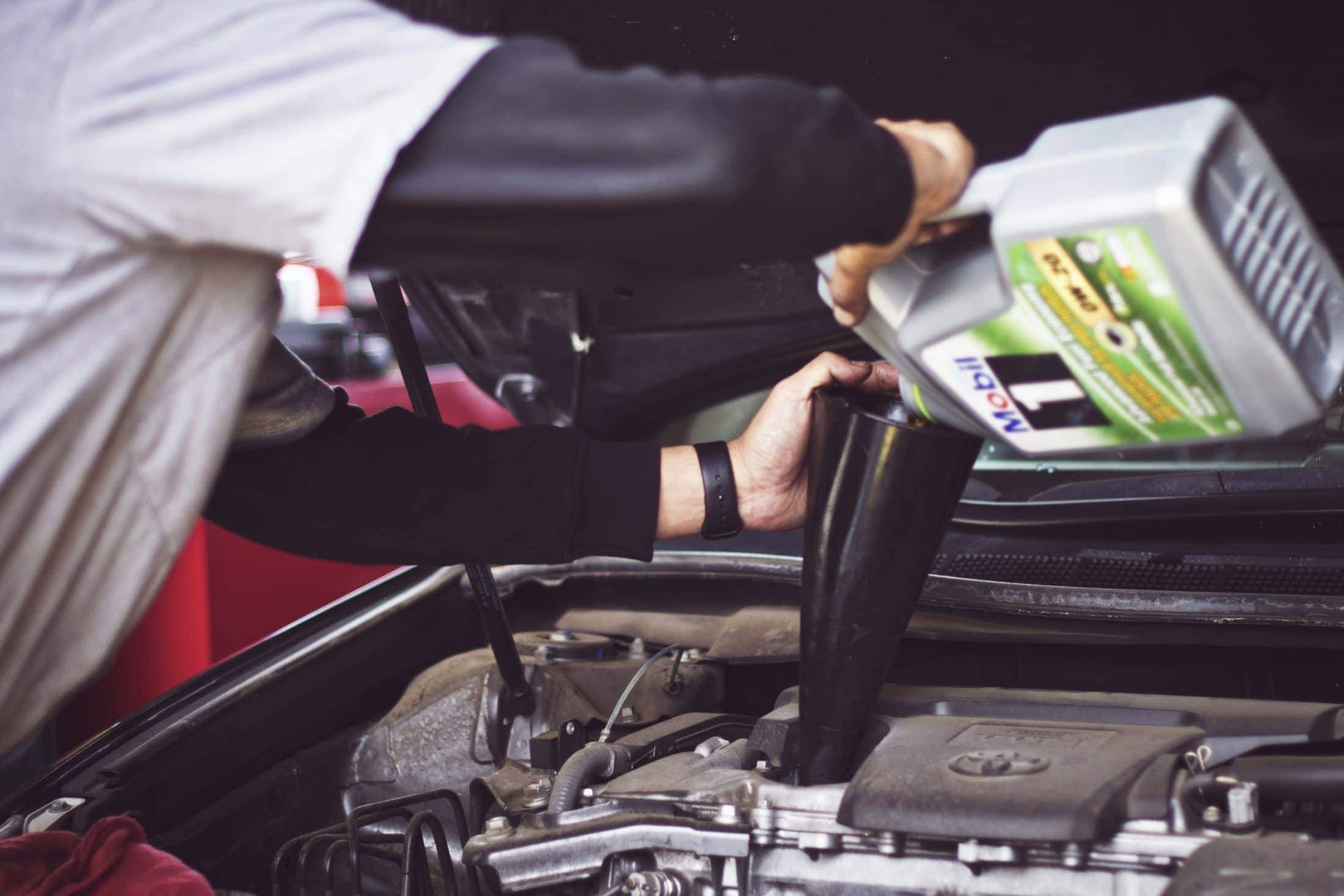
For Diesel engines, it is advisable that you change the Oil every 5000 miles or less depending on what the usage of the vehicle. Vehicles that are used for heavy-duty jobs like towing or long journeys should have their oils changed more frequently than other cars.
Check the filters regularly
Most Diesel engines are plagued with a clogged particulate filter which then traps harmful exhaust emissions. As a car owner, you need to have your filters checked periodically and replaced when necessary. You can hire companies who specialize in such to help you change or clean the filter depending on its present condition.
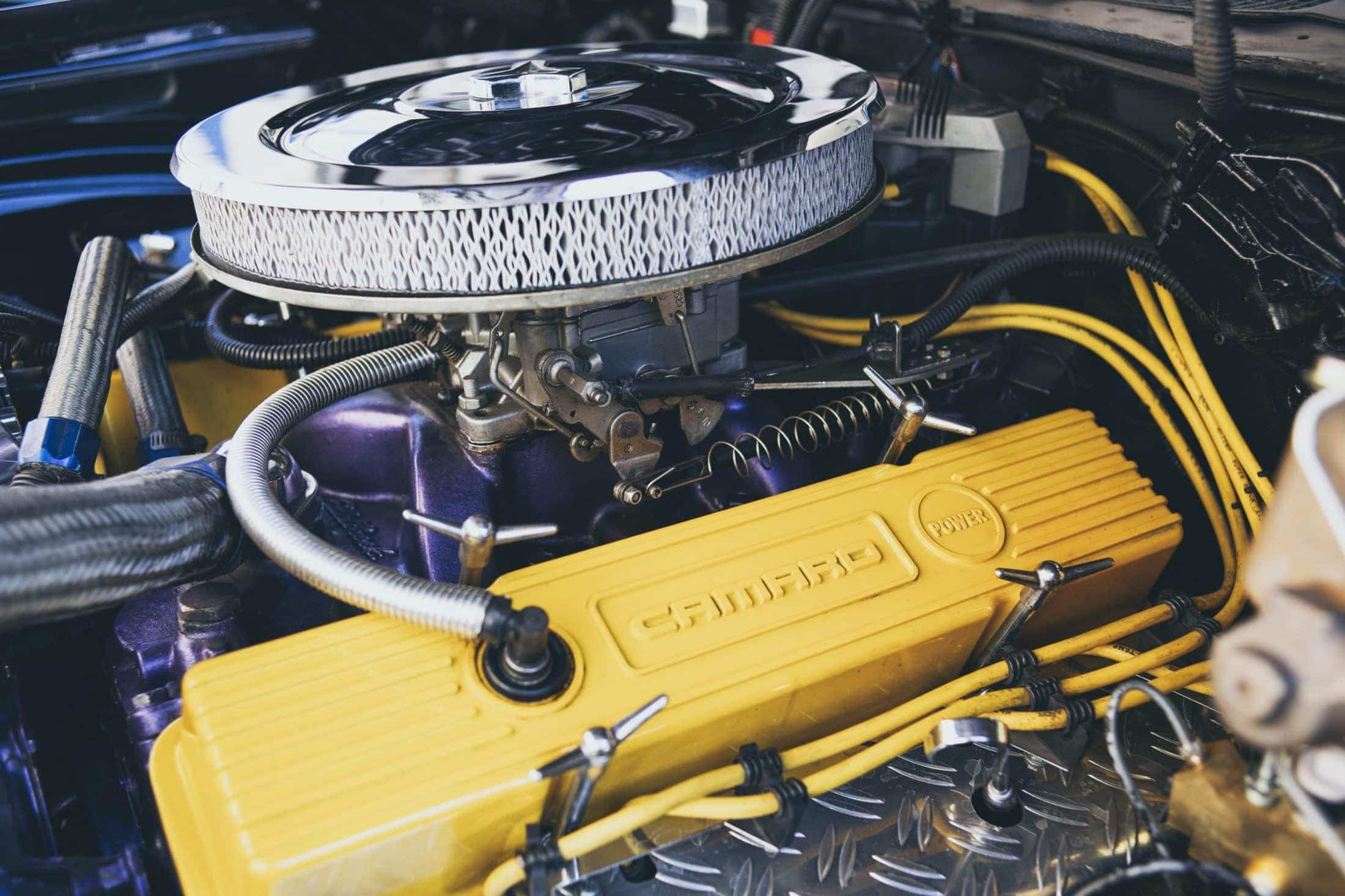
When replacing a filter, make sure the replacements are not substandard, so it does not cause future problems to the engine of the car. Make sure to check both the air filter and the fuel filters of the car.
Check and replace the spark plug and leads frequently
Changing your car plug is a walk in the park for anyone who knows their way under the hood of a car. To be sure you plug is in optimal condition, check if there is any sign of wear, melting and deposits while making sure it has a light brown electrode and insulator.
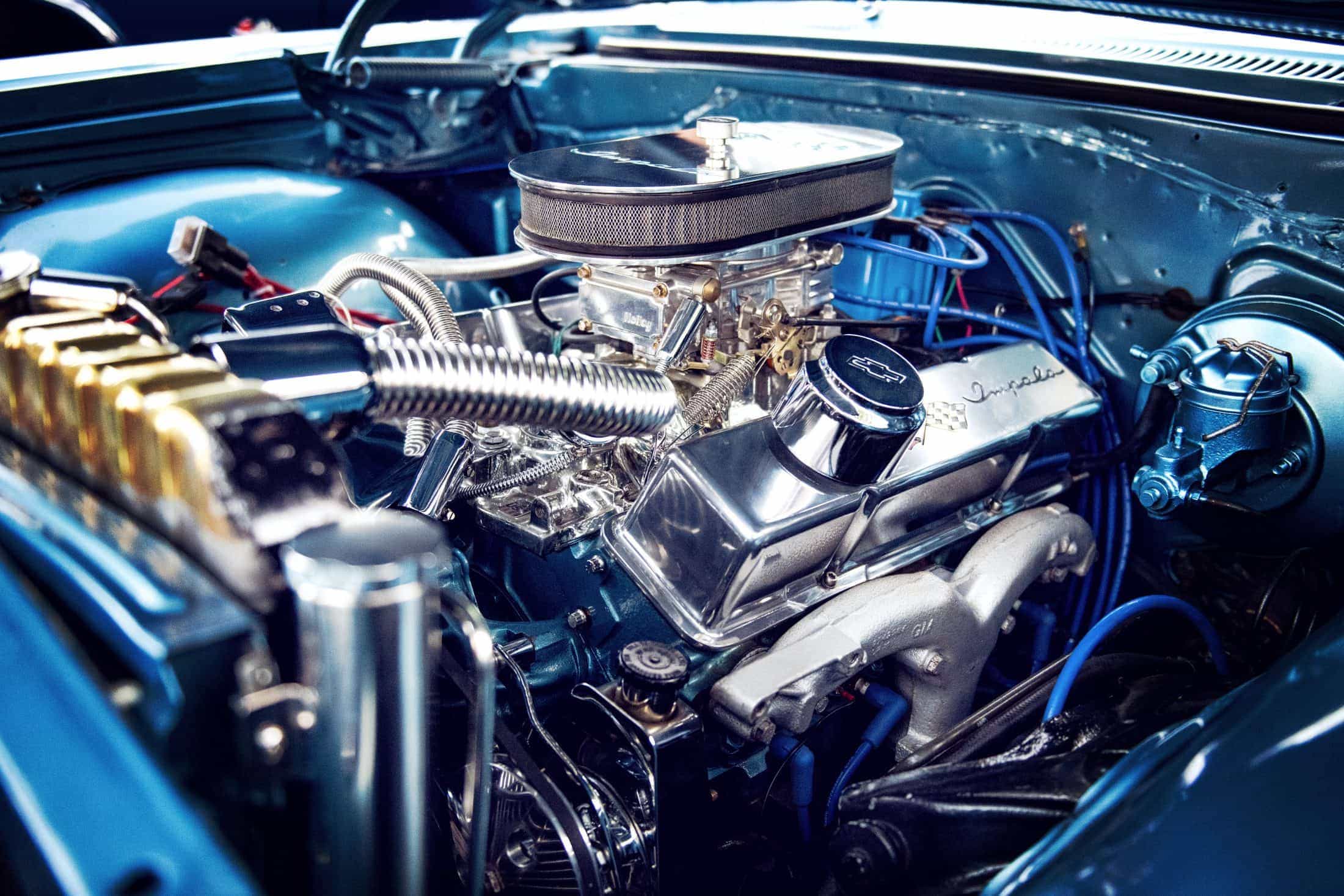
A large gap between the electrode and insulator is a sign that something is out of place and these are when you bring in the experts. You should note that spark plugs don’t apply to diesel cars. If your lead has cracks or they show signs of heavy wear and tear, then that would be a good sign that needs a replacement.
Keep car exterior clean
Protecting your car from the elements can be difficult when you don’t have a garage. Fortunately, there are ways to protect your vehicle exterior and make sure that all parts stay in good shape including storing inside or undercover if possible–but what about those who live in apartments? In addition to getting inspected regularly by an auto shop professional (and keeping oil changes consistent), follow these tips:

- Wax periodically 3-4 weeks after washing
- Brushing lightly over waxed areas
- Give wheels sides doors bumper a quick wash
- Don’t let your car sit in the garage for too long
- When rains come, park it under shelter
- Beat the heat – no sunrays
- Never drive around with an empty trunk. Fill it up with some old garments or bed sheets to avoid scratches on the paint.
- Use baby shampoo to clean windows and chrome
- Get rid of bird poop on paint, apply baking soda paste over it overnight
- Apply armor all over tires before you take off
- Check brakes and suspension monthly
- If possible wax every 2-3 months(It is expensive)
- Always keep a bottle of water inside your car in summer–in case you need to pour out the water under the engine to avoid overheating
- Remove bulky mats for better airflow
- Keep children away from rubber parts
- Give your car a bath every 2-3 months
- Wipe body panels with a microfiber cloth
- Open windows when it’s raining – to reduce water splashing
- Never forget to check tire pressure monthly
- Keep car keys in the door lock
- Before taking outside mirrors, make sure you are able to adjust them
- Clean headlights with toothpaste once in 2 months
- If you have kids at home, they can be helpful in cleaning – try doing this task together
- Clean AC vents using just pure soap&water
- Use glass cleaner to remove dust on computer screens
- Clean your engine bay every month
- Before winter starts, make sure you drive out all the water
- If possible park your car in the garage
- Cover it with glass cleaner to make crystals clear
- Winterize your car
- Never start driving when the vehicle’s tail lights are not working
- Try cleaning rubber parts by using Windex
- Keep your car away from direct sunlight
- Wash the car in the shade
- Keep some old clothes in the trunk
- Using a wet towel & toothpaste can be helpful when cleaning headlights
Always wash your car
Cleaning your car is an excellent way of protecting the engine or a vehicle. Painting prevents the vehicle from rusting. When you do deep automated cleaning, wash the insides of the engine too to prevent piling debris in the car parts.
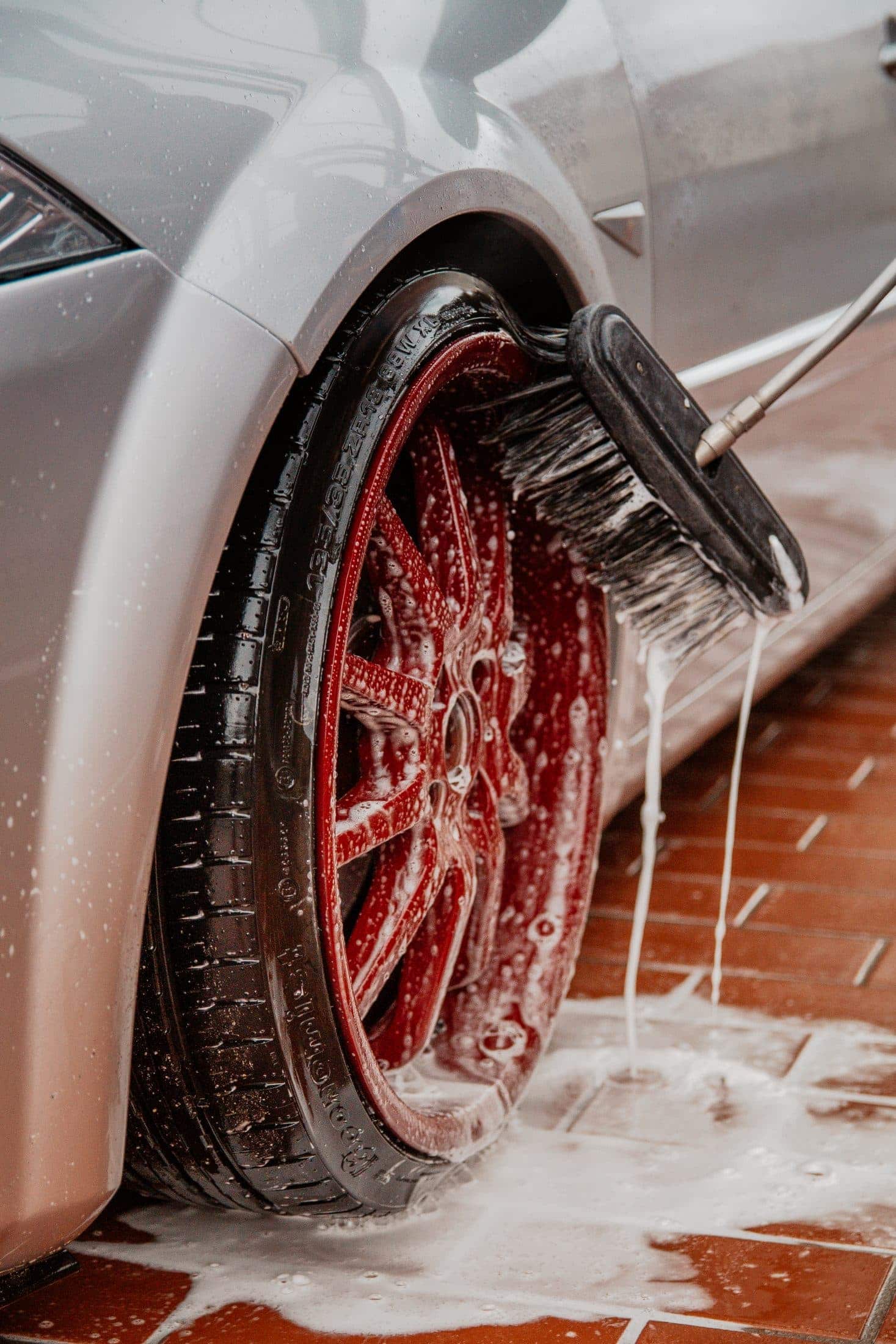
Make sure the cooling system works
The cooling system of comprises of the thermostat, radiator, water pump and coolant. Overheated cars are dangerous, and this is why to you need to make sure there is enough radiator fluid going around your engine.
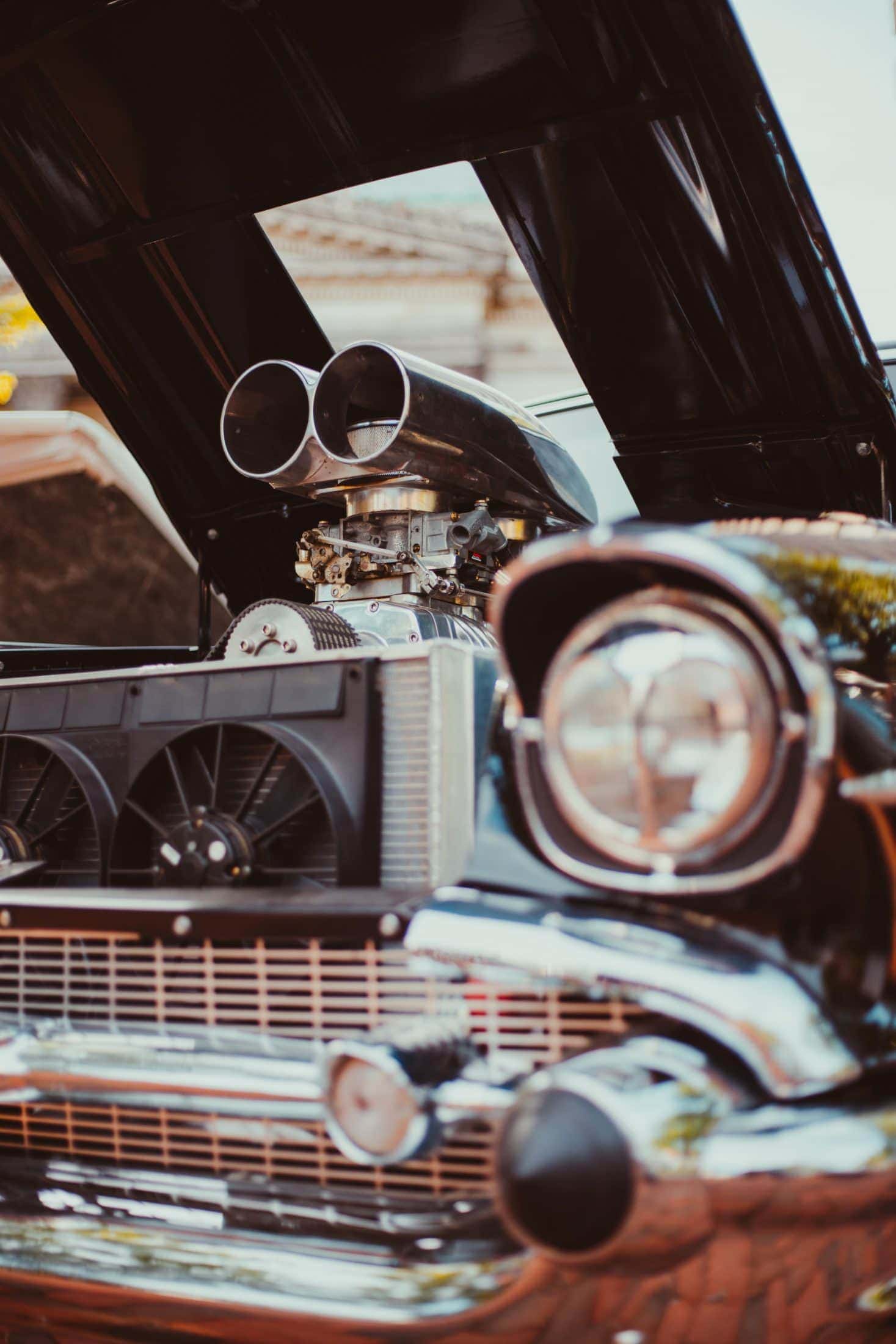
As a driver, you should check your radiator every day before heading out. Paying attention to the dashboard will tell you if the thermostat works appropriately or not. Having a perfect Cooling system implies that all the parts are in good working condition.
Always check for leaks
The presence of fluids makes it necessary that checking for leaks should be part of your daily routine primarily if you use the car every day, e.g. For the transmission to work correctly it needs Oil; you need to make sure that there are oil leaks. Car parts that have rubber seals and silicon most times have leaking problems and if not early detected can lead to more car troubles.
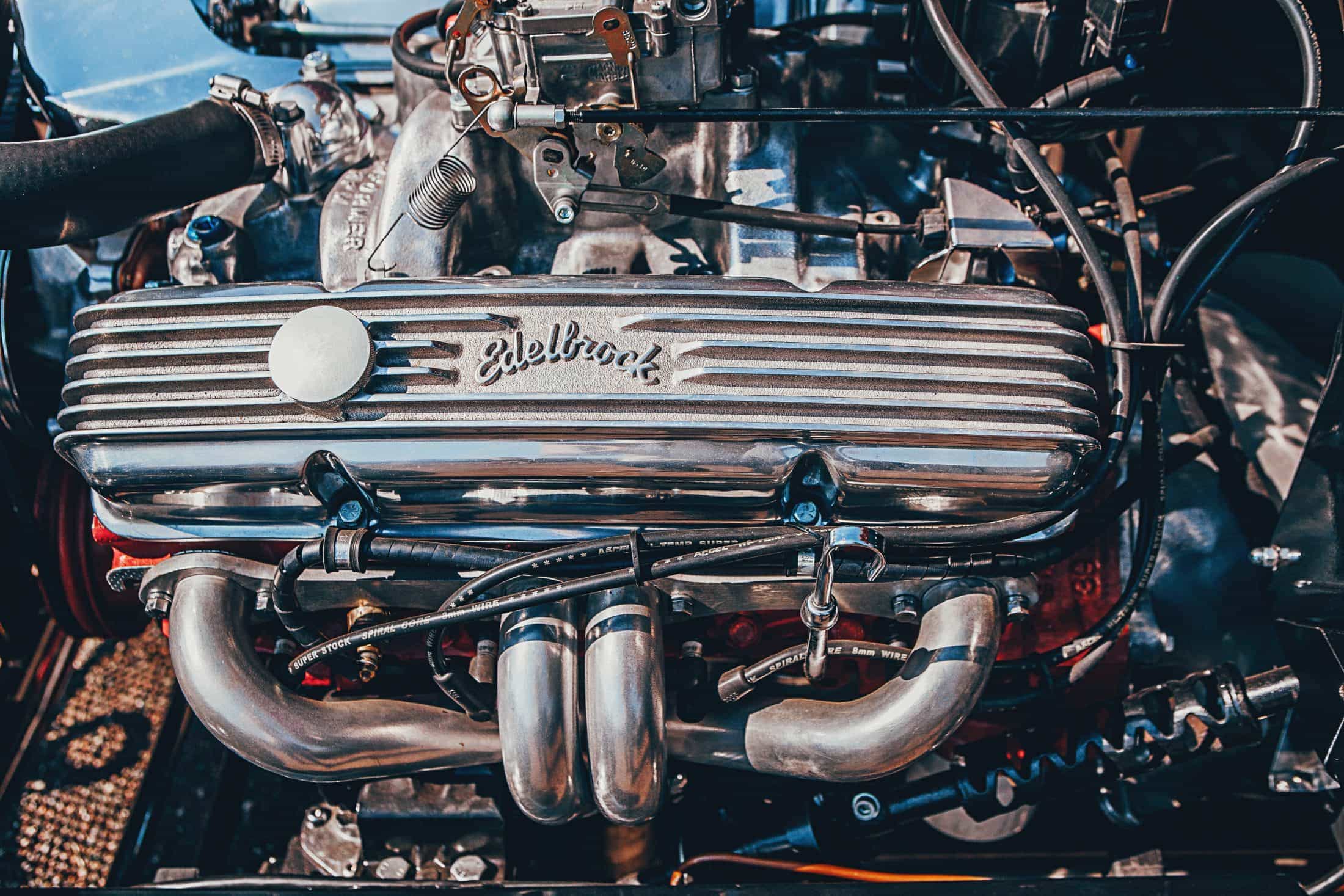
Leaks in the car may be an indication of a problem with the transmission which may incur higher expenses if the leak is not stopped quickly.
Always fill up your gas tank, avoid running on reserve
Waiting till the gas is finished or in reserve before replacing it is a hazardous way of operating a vehicle. Usually, the fuel filter keeps junk from going straight to the engine through the fuel line, but when driving a car with gasoline at the bottom, the gas can go straight to the car engines.
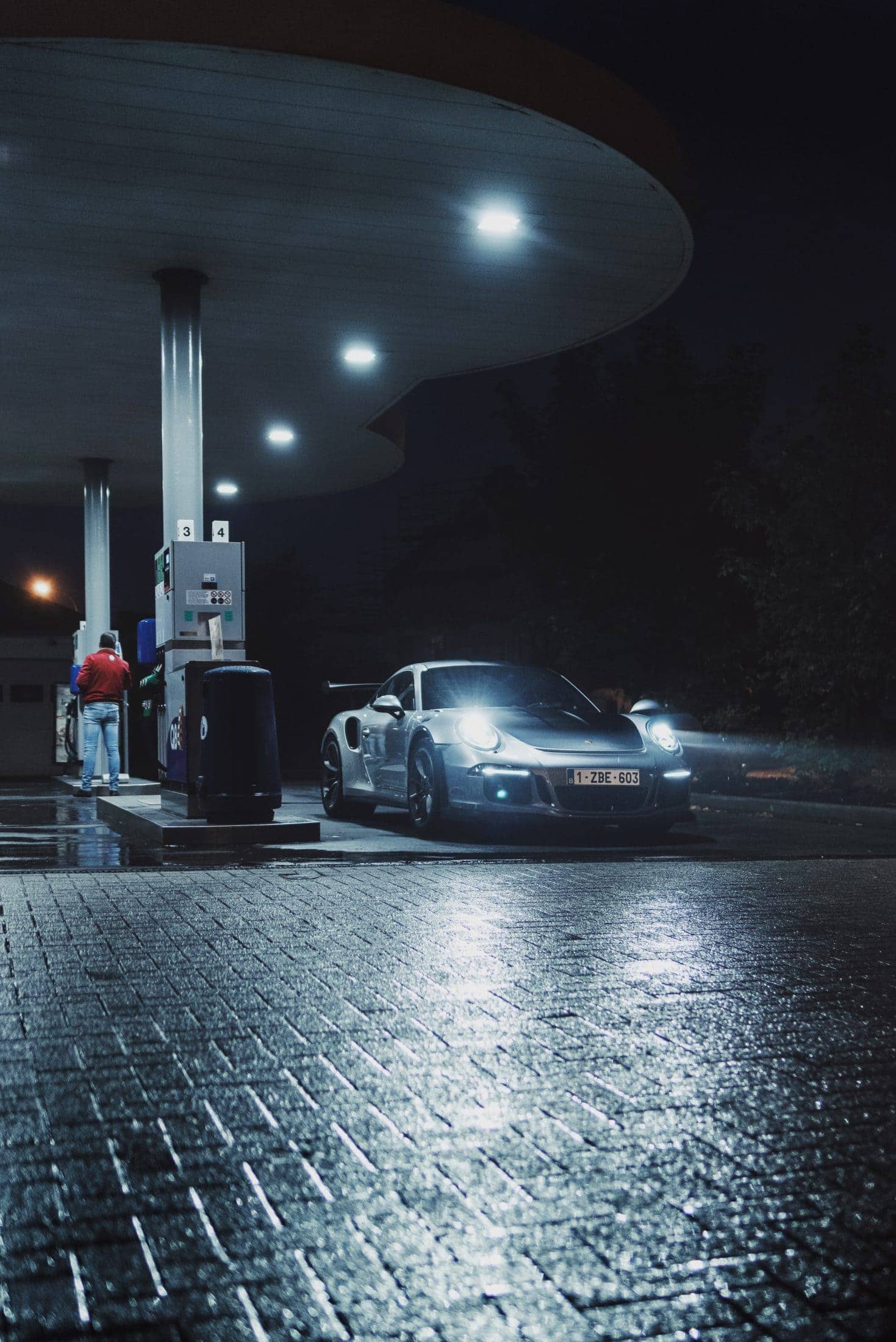
Although you may not be able to afford having your tank filled all the time, you can always make sure its half-filled, paying attention to the indicators on the driver’s side of the dashboard. Dirt in the engine makes the car work extra harder and increases risk if damages.
Drive carefully.
Although cars are built differently, e.g. some are deliberately created for speed while others for rough areas, you still need to be careful while driving. If you are operating within the city where there are signs and stops at several spots, it would be detrimental to your engine to have suddenly started or stop at different points.

Driving at a consistent rate is healthier for your engine. Also, there is a lesser risk of you getting in an accident. Driving carefully does not mean driving slowly; it means driving with a consciousness of all the rules that guide driving while being fair to the car. Smooth driving protects your gearbox, pedals and steering wheel, i.e. you accelerate and decelerate with control taking note of all the traffic signs on the road.
Proper car maintenance is one of the critical factors for long-lasting cars. If you treat your car right with routine maintenance and checks, you will not have to spend so much on repairs. Try these tips, and you will get value for your money-making your engine last longer (or at least till you are ready to buy another car).




